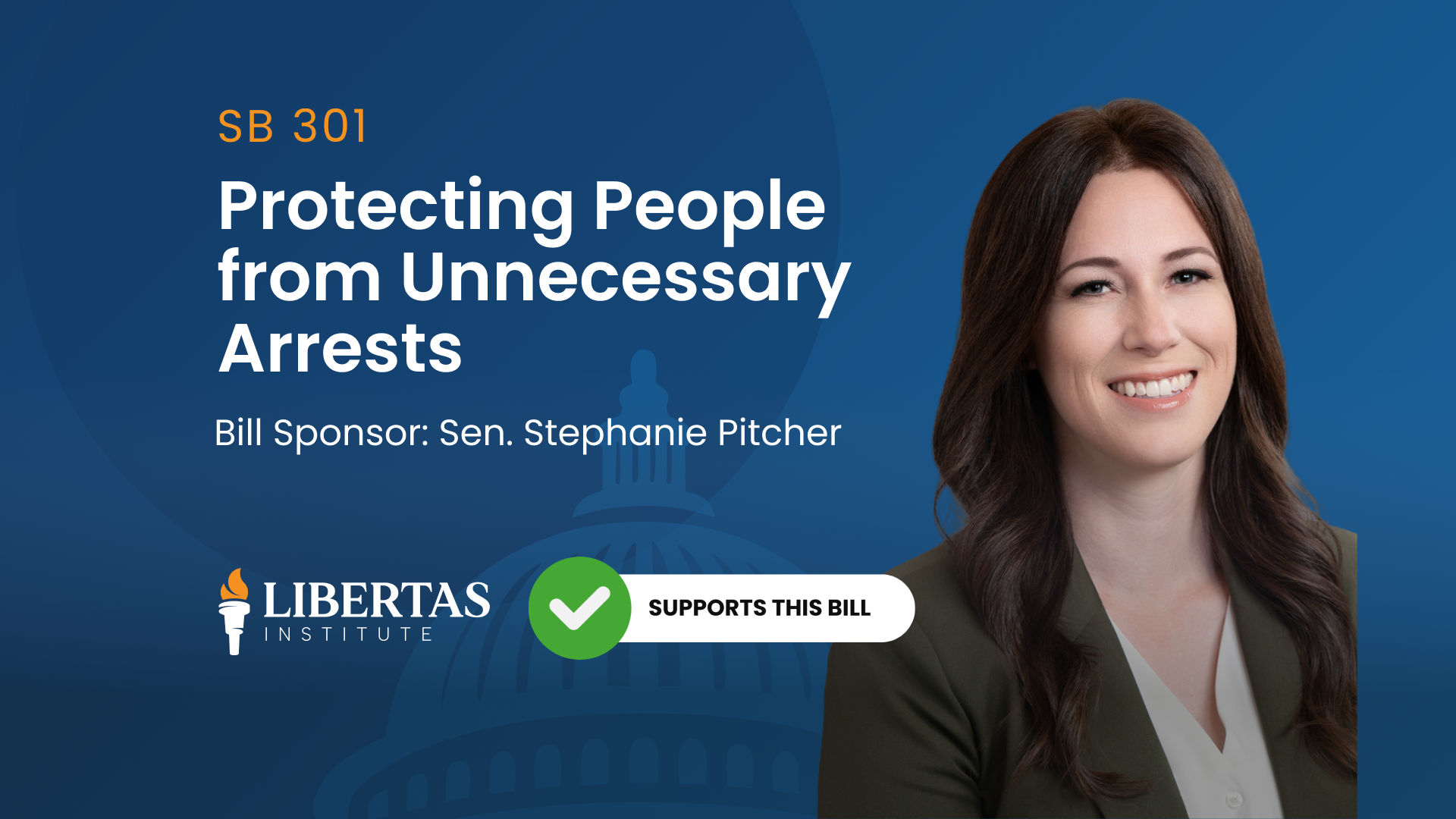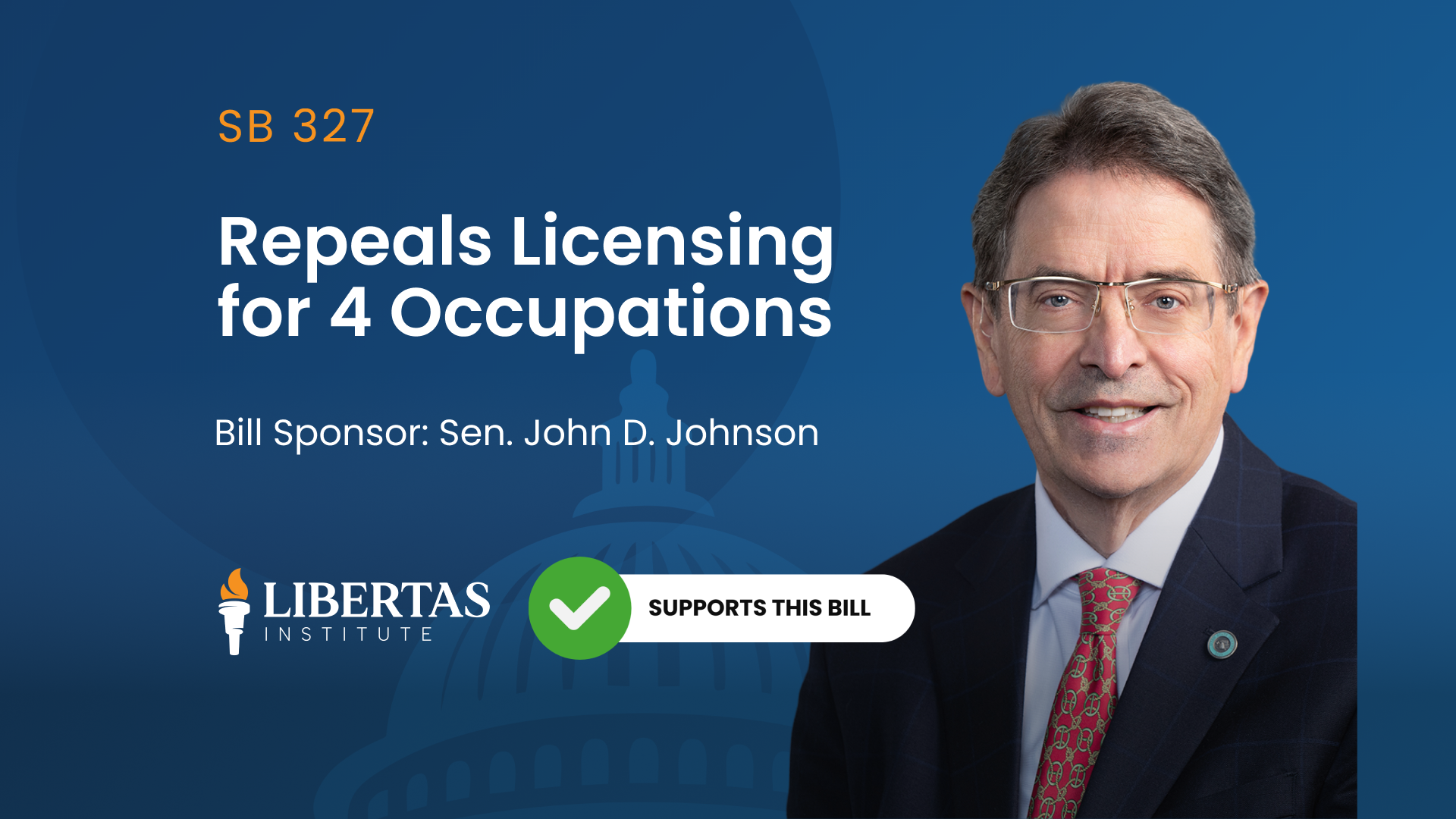This bill passed the House 61-11 but did not receive a vote in the Senate. Review our tracker for more information.
Libertas Institute supports this bill
Most people who are incarcerated will be released and reenter society at some point. When they do, everyone would prefer they not reoffend. HB 203, sponsored by Representative Melissa Ballard, goes a long way toward achieving this end.
HB 203 provides opportunities for higher education to inmates in county jails. Under the bill, student success advisors will be assigned to each jail that contracts with the Department of Corrections who can help inmates enroll in postsecondary education programs.
Some higher education opportunities in jail come with a price tag. However, the bill gives all inmates in-state tuition rates, not only while in jail, but for a year after they are released so they can continue pursuing their education.
The bill also includes a number of practical provisions to facilitate education. Inmates in certificate and degree programs are required to be housed close to on-site education facilities. Jails are also required to provide inmates who are participating in education and career-readiness programs with the technology necessary to complete their programs.
Not only does the bill address opportunities while incarcerated, it has an eye toward successfully reintegrating inmates into society. The Department of Corrections is required to assist inmates in applying for jobs after release, and inmates being paroled are required to have an education plan in place.
Finally, the department is required to ensure inmates complete a computer literacy program if the inmate does not meet basic computer literacy standards. Given the pervasiveness of technology in the workplace and the world at large, digital literacy is a prerequisite to success.
Inmates who participate in higher education programs are 28 percent less likely to recidivate than those who do not participate in such programs. This bill is welcome news to the inmates who will benefit from it and to members of the public who will be less likely to be victimized by crime and less likely to foot the bill for additional incarceration.




